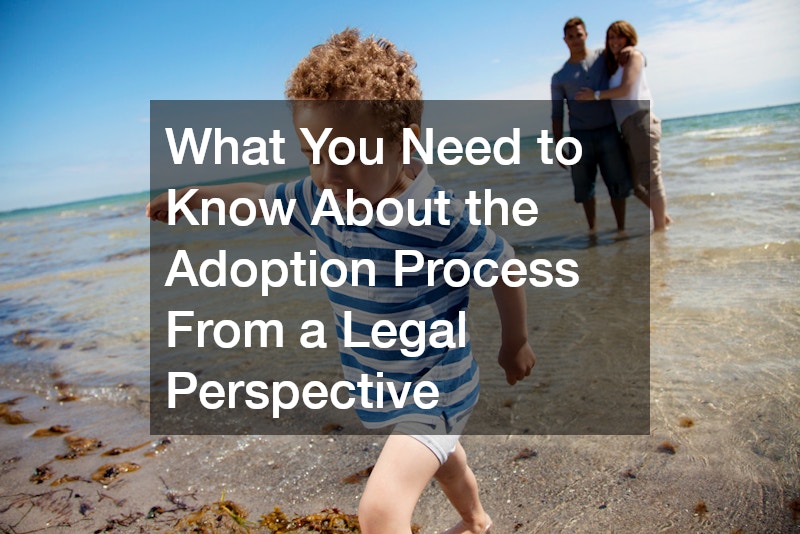The adoption process can be emotionally rewarding yet legally complex. Those considering adoption must navigate legal procedures to make sure the adoption is valid and recognized by the state. Understanding these legal processes is essential in preparing for any obstacles that might arise along the way. This blog post will shed light on the key legal aspects involved in adoption, offering prospective adoptive parents valuable insights to guide them through their journey.
Initial Application and Home Study
The first step in the adoption process is to fill out an application with an adoption agency or through adoption lawyers specializing in family law. This stage is followed by a comprehensive home study, which includes interviews, home visits, and background checks. According to the Office of Children and Family Services, the legal process of adopting, from application to finalization, can be a lengthy one. It may take six months or more from the time you apply before a child is placed in your home; it will take at least three to 12 months after the adoption may be finalized in court.
Matching with a Child
Once the initial application and home study are complete, the next step involves matching the adoptive parents with a child. This phase requires patience and can sometimes take an extended period as agencies will consider the best fit for the child’s needs. During this time, prospective parents may have contact with the child and may be required to undergo additional assessments to ensure the best possible match.
Legal Placement Requirements
The legal placement of the child in the adoptive home involves specific legal documentation. This process usually requires the consent of the biological parents, except in cases where parental rights have been terminated due to neglect, abuse, or abandonment. The documentation also needs court approval to ensure that the child’s best interests are being served. During this period, the adoptive parents may need to work closely with their adoption lawyers to navigate any legal hurdles that might arise.
Post-Placement Supervision
After the child has been placed in the adoptive home, there is a mandatory post-placement supervision period. This period typically involves regular visits from a social worker to ensure the child is adjusting well and the adoptive parents are meeting their responsibilities. This supervision is important in providing additional support and resources to the family while securing the welfare of the child.
Finalizing the Adoption in Court
The final step involves a formal court hearing to legalize the adoption. During this hearing, the judge will review all the documentation and social worker reports to ensure that all legal requirements have been met. Once the judge grants the adoption decree, the adoptive parents are granted all legal rights and responsibilities for the child, making them a permanent part of their family.
The legal adoption process can be daunting and intricate, requiring diligence, patience, and professional guidance. By understanding each step, from the initial application and home study to the final court hearing, prospective adoptive parents can better prepare themselves for the journey ahead.
